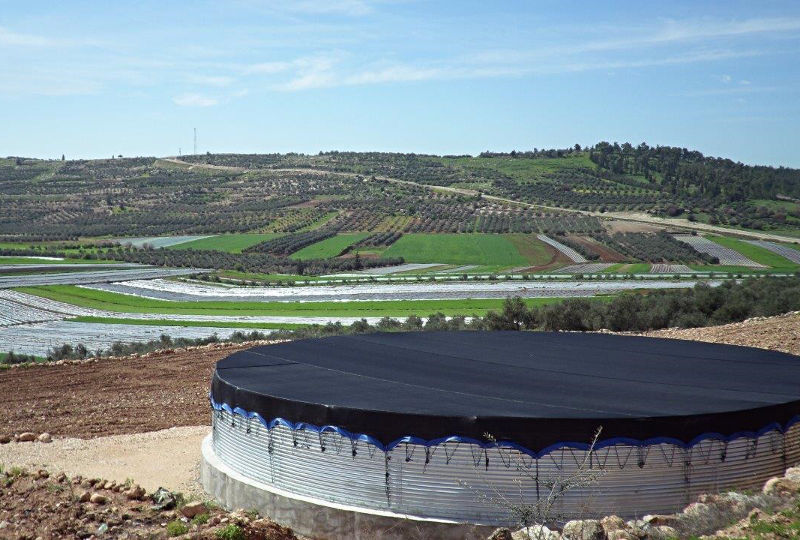Context
The Palestinian Territories (PT) face great political and economic challenges. The two-state solution has arrived at a deadlock. Both sides have taken steps that make a solution more difficult. Palestinian division has deepened and Israel (ISR) has continued to expand its settlements. The number of demolitions in Area C and East-Jerusalem is growing. These developments are hindering political and economic development in the PT. The Netherlands (NL) wants to contribute to the Middle East peace process, help build a Palestinian state and mobilise socio-economic development. Within the PT, NL focuses on water, food security, rule of law and security. It has a good relationship with the PT, as well as with ISR. The NL uses this leverage to its fullest to bring the two-state solution closer, among other methods through trilateral (ISR-PAL-NL) meetings on water, energy and crossings.





